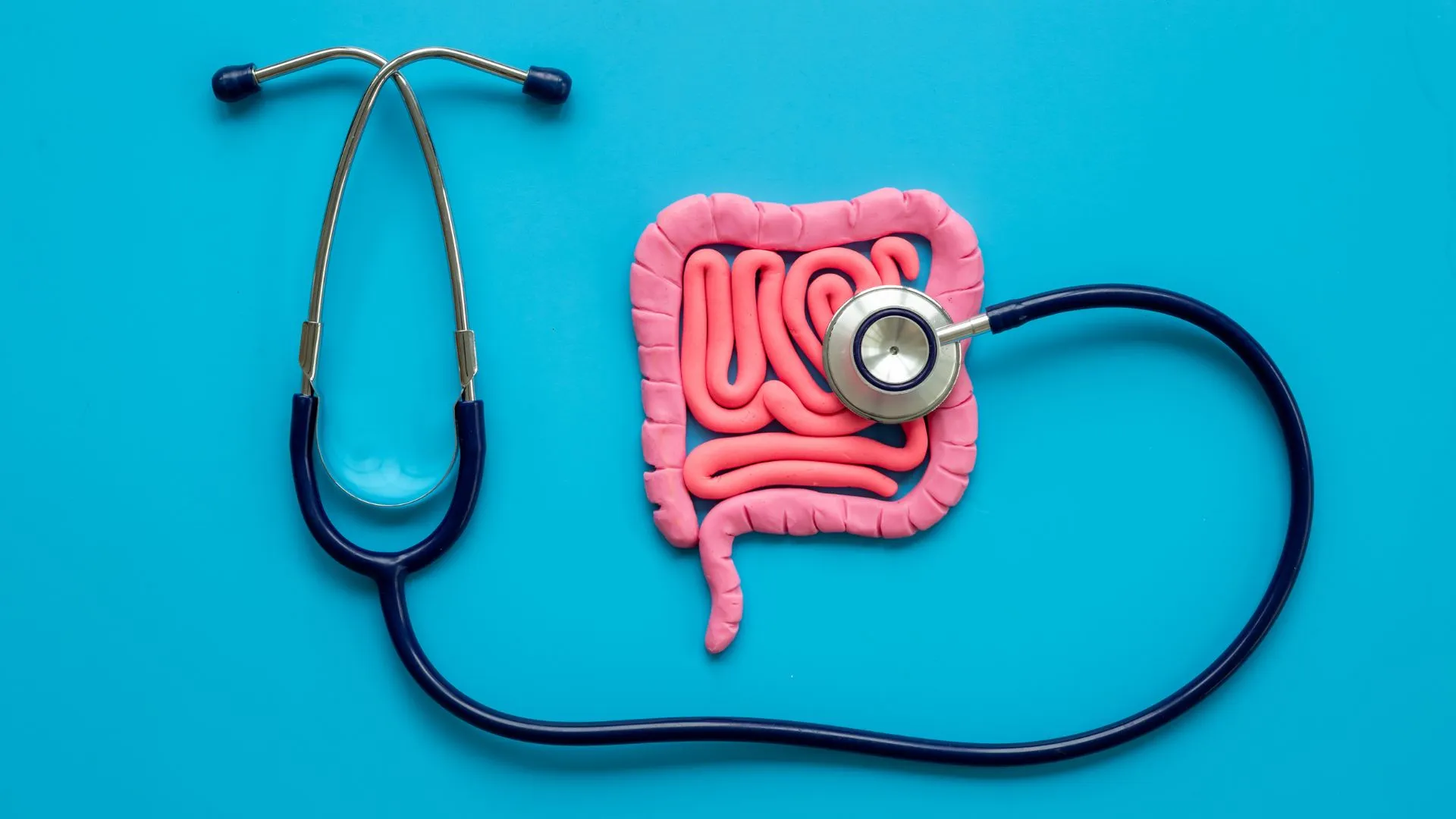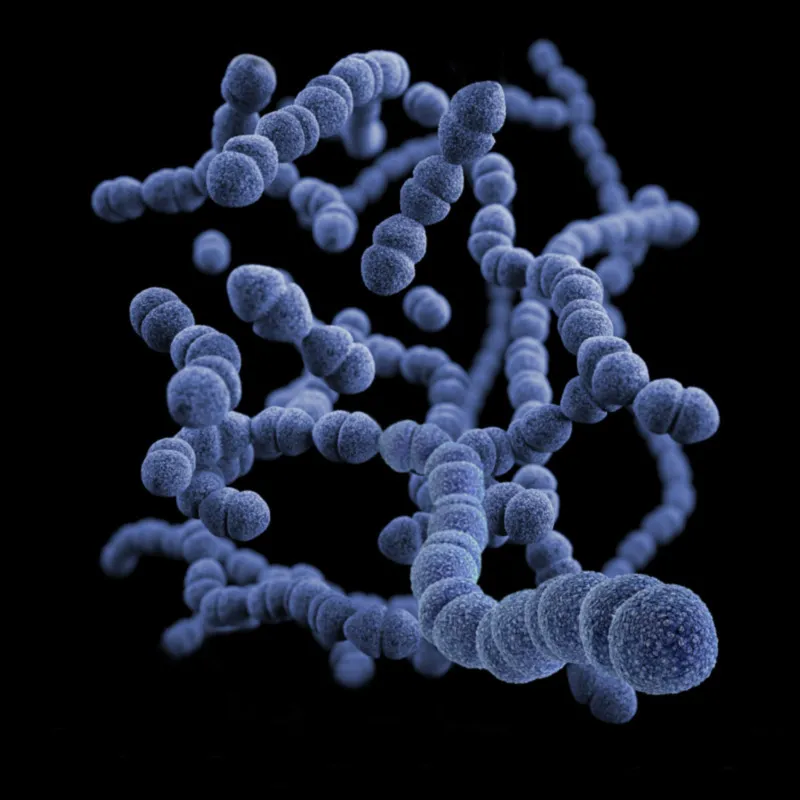
Have you ever noticed that when you’re feeling stressed or upset, your stomach seems to act up too? Or perhaps when your digestive system is out of whack, your mood takes a nosedive? It turns out that our gut plays a significant role in our emotional health. So, how exactly do our emotions and gut health influence each other?
How Gut Health and Emotions Interact
To understand how the gut affects our emotions, we first need to explore the complex world of gut microbiota. These are the trillions of microorganisms that reside in our intestines, forming a unique ecosystem within our bodies.
Research has shown that gut microbiota can communicate with our brain through the gut-brain axis, influencing our emotions. For instance, a study from KU Leuven in Belgium found that individuals with depression had lower diversity and richness in their gut microbiota. This microbial imbalance was linked to the onset and severity of depressive symptoms.
Similarly, a study by the Institute of Psychology at the Chinese Academy of Sciences discovered that disruptions in gut microbiota could affect levels of neurotransmitters like serotonin and dopamine in the brain, potentially leading to depression.
Conversely, the American Psychological Association notes that stress can impact the gastrointestinal system. Psychological stress can trigger conditions like irritable bowel syndrome (IBS), causing symptoms such as recurring abdominal pain, bloating, diarrhea, and constipation. Intense emotions can also lead to increased stomach acid production, resulting in gastroesophageal reflux disease (GERD), which can cause stomach pain and diarrhea.
Gut Discomfort Affects More Than Just Emotions

The influence of gut microbiota extends beyond our mood; it impacts various bodily systems:
-
Immune System Gut microbiota play a crucial role in our immune system. Disruptions in gut microbiota can lead to inflammatory responses, potentially causing chronic conditions like rheumatoid arthritis and inflammatory bowel disease.
-
Cardiovascular System Gut microbiota can affect cardiovascular health by influencing cholesterol levels, which are vital for heart health.
-
Endocrine System Imbalances in gut microbiota are linked to endocrine disorders such as obesity and diabetes.
-
Central Nervous System There is a bidirectional relationship between the gut and the central nervous system. Studies suggest that gut microbiota imbalances might contribute to the development of neurodegenerative diseases like Parkinson’s and Alzheimer’s.
How to Maintain a Healthy Gut
Maintaining gut health is simpler than you might think. Here are some key steps:
-
Adopt Healthy Eating Habits Consume a diet rich in fiber from fruits, vegetables, and whole grains to support a balanced gut microbiota. Avoid overindulgence during holidays and maintain regular eating habits to promote gut health.
-
Maintain Good Bowel Habits Respond to natural urges to defecate, avoid distractions like smartphones during bathroom time, and reduce constipation risk by not holding in bowel movements.
-
Engage in Regular Physical Activity Exercise can enhance the diversity of gut microbiota. Incorporate regular physical activity to keep your gut active and healthy.
-
Manage Your Emotions Learning to stabilize your mood can positively impact your gut health. Practices such as mindfulness and stress management techniques can help maintain emotional balance and, in turn, gut health.
In conclusion, gut health significantly influences both our physical and mental well-being. Prioritizing gut health through proper diet, regular exercise, and stress management can lead to overall better health. If you experience persistent gastrointestinal discomfort, it’s essential to consult a healthcare professional promptly.

